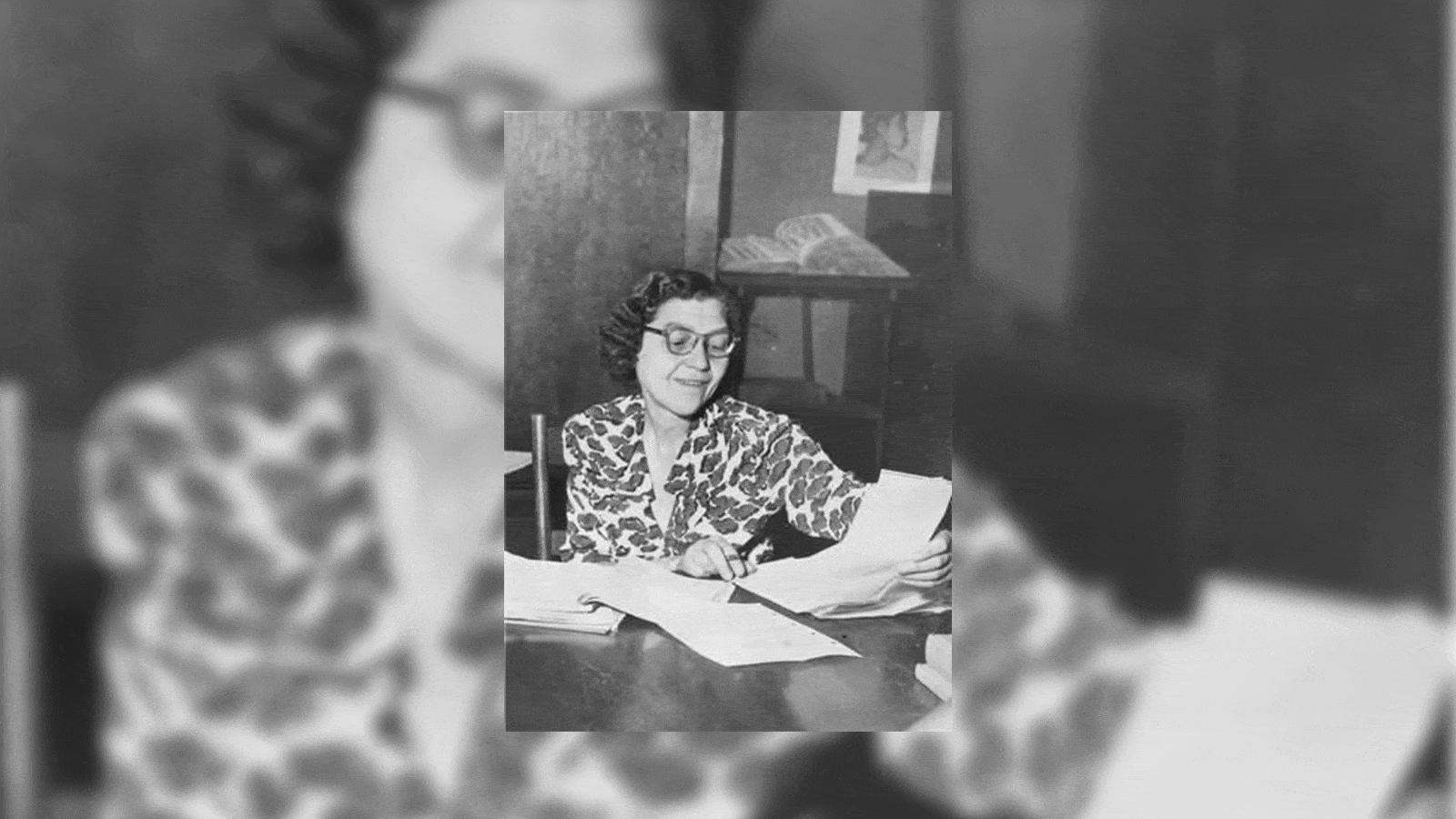News
From Vicksburg to national reform: Dr. McAllister’s century-old impact still resonates

VICKSBURG, Miss. (VDN) – As the first African American woman in the United States to earn a Ph.D. in education, Dr. Jane Ellen McAllister’s life and work tell a remarkable story of resilience, scholarship, and transformative impact.
Born in 1899 in Vicksburg, Mississippi, McAllister not only shattered racial and gender barriers in higher education but also challenged the discriminatory ideologies that shaped American academia in the early 20th century.
McAllister’s journey began in a household that valued education. Her mother, a teacher, instilled in her the importance of learning. By second grade, Jane was already tutoring younger students. She graduated from Talladega College in 1919 and soon saw the stark disparities in education for Black children in Louisiana. This realization ignited her passion for reform and teacher training.
Her academic path led her to Columbia University’s Teachers College in the 1920s, a period when the college was growing in prestige but still entrenched in the racial and gender biases of its time. While pursuing her doctorate, McAllister navigated a system shaped by prominent figures like Edward L. Thorndike, a pioneering educational psychologist whose theories on intelligence and education were influenced by eugenics and racist ideology. Thorndike believed intelligence could be measured and was largely hereditary, a view that marginalized Black students and upheld systemic inequality.
Despite this, McAllister found inspiration in more progressive faculty members like Dr. Patty Smith Hill, a champion of early childhood education and community-based learning. Hill emphasized play and nurturing in education, a philosophy that contrasted sharply with Thorndike’s rigid categorization. Another mentor, Dr. George S. Counts, advocated for the social responsibility of schools, urging educators to address issues beyond the classroom.
These influences shaped McAllister’s dissertation, The Negro Teacher in Louisiana, a groundbreaking study that analyzed disparities in teacher training and educational funding between Black and white schools. Drawing on data and her own experience in segregated southern schools, McAllister offered clear, constructive recommendations for improving teacher education and student outcomes for Black children, without ever suggesting that the system needed to mirror that of white institutions.
Her dissertation became a blueprint for educational equity in the Jim Crow South. After earning her doctorate in 1929, McAllister held key positions at institutions like Fisk University, Miner Teachers College, and Jackson State University. She led curriculum reforms, trained hundreds of teachers, and built accredited education programs in historically Black colleges.
But her academic excellence came with sacrifices. While studying, she worked as a maid, dog walker, tutor, and waitress to afford tuition. She often faced isolation and exclusion from her white peers, but she persevered, at times locking herself away to study with a sign on the door reading, “Do Not Disturb. In case of emergency, stick a note under the door.”
Even after earning her degree, McAllister continued to confront racial barriers. At Fisk University, she was verbally promised a deanship but was denied the title publicly due to fear of white backlash. Undeterred, she moved on to lead Miner College’s education department, overhauling its curriculum and guiding it toward accreditation. Her impact was equally transformative during her brief but influential tenure at Grambling State University and later, in her return to Jackson State.
Across her 51-year career, Dr. McAllister not only trained thousands of teachers but laid the foundation for educational equity at a time when segregation and discrimination were the norm. She worked through eras of massive social change—from the Jim Crow South to the Civil Rights Movement—proving that scholarship, when paired with courage and compassion, can reshape systems.
Editor’s Note: Dr. Jane Ellen McAllister’s home in Vicksburg is the focus of a preservation campaign through the Dr. Jane Ellen McAllister Foundation to honor her life and legacy. To learn more or donate, visit janemcallister.org.
See a typo? Report it here.
